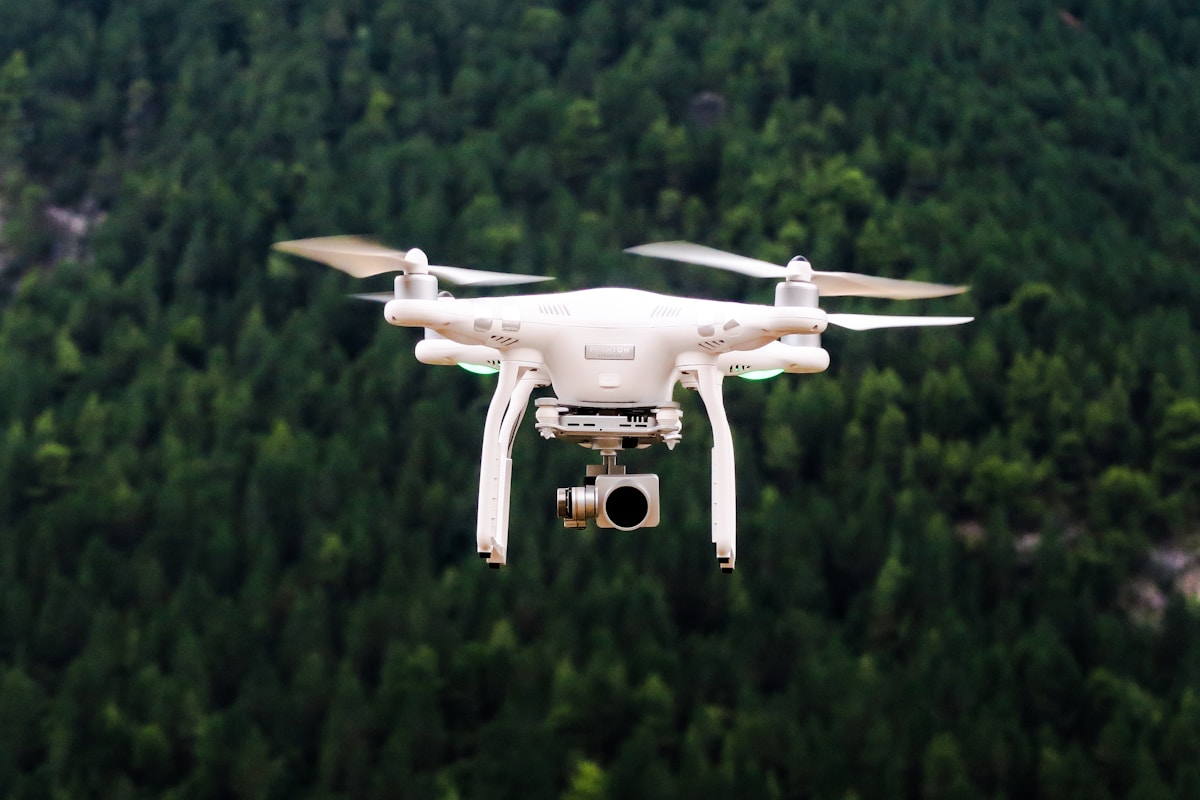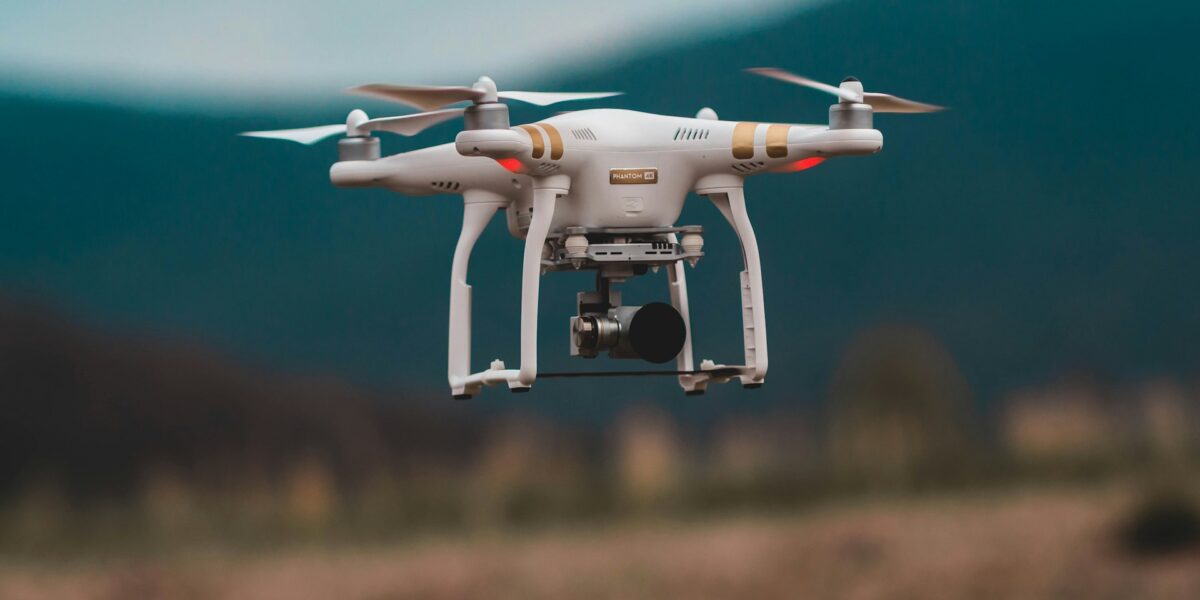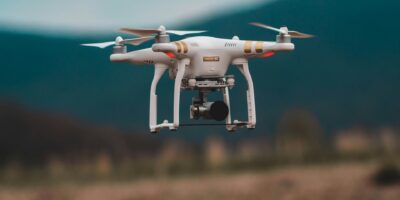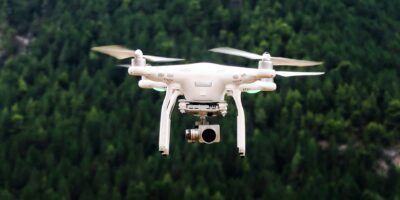Certainly! Below is an example of a 2000-word informative article about UAS operator jobs, formatted with simple HTML markup that would be suitable for a WordPress blog post.
The Rising Demand for UAS Operators
Unmanned Aerial Systems (UAS) have swiftly transformed multiple sectors. Governments, corporations, and researchers rely on them increasingly. UAS operators are at the heart of this transformation, guiding drones across fields, cities, and infrastructure.

The demand for UAS operators spans various industries. Agriculture uses drones for precision farming. Drones monitor crop health, assess soil conditions, and manage irrigation systems. In construction, UAS operators survey sites, ensuring safety and progress tracking. This results in more efficient projects.
UAS operators play a critical role in the energy sector too. They inspect solar panels and wind turbines. This minimizes downtime and enhances safety. Utilities benefit from this as it reduces inspection time and cost.
Key Responsibilities of UAS Operators
Flying drones is only one part of the job. UAS operators are responsible for planning missions. This involves understanding the goals and achieving them accurately. Operators assess area geography, weather conditions, and possible obstacles.
Data collection is another crucial task. UAS operators ensure that the drones capture required imagery and information. This involves setting flight paths, selecting appropriate sensors, and managing data storage.
Safety and compliance are always prioritized. UAS operators must be familiar with local, federal, and international regulations. They need to ensure that operations adhere to these rules at all times.
Industries Employing UAS Operators
UAS operators are employed across a wide range of industries, driven by the versatility drones offer.
- Agriculture: Farmers and agri-businesses use UAS for crop monitoring and analysis.
- Construction: Drones survey land, inspect structures, and monitor progress.
- Energy: Operators assess wind farms, solar fields, and infrastructure stability.
- Emergency Services: UAS support search and rescue operations, firefighting, and disaster response.
- Telecommunications: Drones inspect cell towers and equipment for maintenance and troubleshooting.
The Growing Landscape of Regulations
Operating UAS involves navigating a complex regulatory environment. Regulations vary by country and often change. In the United States, the Federal Aviation Administration (FAA) governs UAS use. Operators must understand their guidelines and periodically update their knowledge.
Certification is often required, and many countries have specialized training programs to aid UAS operators. In the US, Part 107 certification is essential for commercial drone operations. It requires passing an aeronautical knowledge test, covering topics such as airspace classification, weather effects, and flight restrictions.
Skills Required for UAS Operators
UAS operators require proficiency in several skill areas. Technical skills in operating drones and related software are crucial. Understanding sensors, data management, and software applications forms the core of the job.
Problem-solving skills help in adapting to dynamic environments. Operators must handle unforeseen circumstances, such as weather changes or technical malfunctions.
Strong communication skills facilitate mission planning and collaboration with teams. Many operations are part of larger projects requiring coordination with engineers, planners, and analysts.
Training Programs and Certifications
Several institutions offer courses in UAS operations. These range from short-term certification programs to in-depth degree courses. Many community colleges offer UAS-specific programs focusing on practical skills.
Online platforms like Coursera and Udemy provide accessible UAS courses. These cover fundamental operations, safety protocols, and regulatory compliance.
Professional UAS operators often pursue additional certifications. These might focus on specialized equipment, systems, or specific industry applications.
Technology Trends Impacting UAS Operations
Technology advancements influence the future of UAS operations significantly. The emergence of artificial intelligence (AI) and machine learning streamlines data analysis. Drones can now autonomously analyze crop health and detect issues independently.
Integration of UAS with the Internet of Things (IoT) offers real-time data collection and sharing. This enhances the operational capability of remotely monitoring systems and structures.
Increased drone endurance allows UAS operators to conduct longer missions. Battery technology advancements enable drones to operate efficiently for extended periods.
Challenges Faced by UAS Operators
Despite their advantages, UAS operations face challenges. Navigating the rapidly evolving regulatory landscape requires vigilance. UAS operators need to stay informed about changes in law and policy.
Technical malfunctions pose a risk in everyday operations. Operators must be prepared to manage unexpected situations and ensure safety. Environmental factors such as weather conditions also affect flight outcomes and require adaptation.
Public perception and privacy concerns remain a barrier. Operators must be sensitive to privacy issues when conducting missions in populated areas.
Job Opportunities and Career Pathways
UAS operator roles offer diverse career opportunities. Entry-level positions often involve drone data collection and basic flight operations. Operators can specialize in sectors like agriculture, real estate, or environmental monitoring.
With experience, operators can advance to senior roles. This may involve designing complex missions or managing UAS portfolios for businesses or agencies.
Some operators transition into related fields such as data analysis or project management. The skills developed in UAS operations apply broadly in technology and engineering domains.
The Economic Impact of UAS Operations
UAS operations have a profound economic impact. They enhance efficiency and reduce costs across industries. Quick, safe inspections translate into time and financial savings. For instance, in construction, using drones for site surveys cuts project times substantially.
Economic growth is stimulated by creating new business opportunities. Startups centered around UAS technology and services have emerged rapidly. They offer innovative solutions across sectors, further expanding the market.
Future Prospects for UAS Operators
Looking ahead, the role of UAS operators will only expand. As technology progresses, drones will capture more detailed data and perform increasingly autonomous missions.
Urban settings present new applications for UAS. From logistics to aerial mapping, operators will become crucial in urban planning and development strategies.
The international market for UAS operators grows in tandem with global technological advancements. Consequently, the scope for cross-border operations increases, along with requirements for international regulatory knowledge.
Inclusivity and Diversity in UAS Operations
Diversity in UAS operations fosters innovation. Diverse teams bring varying perspectives to problem-solving, enhancing creativity and effectiveness. As the market grows, emphasis on inclusivity can expand talent pools and ensure equal opportunities.
Efforts are underway to broaden the appeal of UAS careers. Educational initiatives targeting underrepresented groups encourage entry into this field. Companies are actively working to ensure inclusive hiring practices.
Getting Started as a UAS Operator
Embarking on a career as a UAS operator starts with education and training. Prospective operators should seek programs offering comprehensive coverage of drone technology and practical applications.
Building a network within the UAS community is valuable. Engaging with professionals at conferences and through online forums provides insight and opportunities.
A proactive approach to staying abreast of technological and regulatory changes ensures enduring success in this dynamic field.
“`
This article is structured to provide practical information about UAS operator jobs without extraneous details or conclusions, adhering to the requests of the prompt.
Recommended Aviation Gear
David Clark H10-13.4 Aviation Headset – $376.95
The industry standard for aviation headsets.
Pilots Handbook of Aeronautical Knowledge – $25.42
Essential FAA handbook for every pilot.
As an Amazon Associate, we earn from qualifying purchases.



Subscribe for Updates
Get the latest articles delivered to your inbox.
We respect your privacy. Unsubscribe anytime.